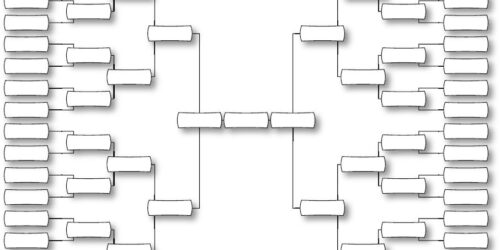When Is a Brick Wall Not a Brick Wall?
Note: This article by James Tanner was published previously on the Genealogy’s Star blog site and is used with the author’s permission. As I have written and presented previously, the concept of a “brick wall” in genealogical research is not very helpful. Here is a video I did a couple of years ago about how to resolve the problem....









